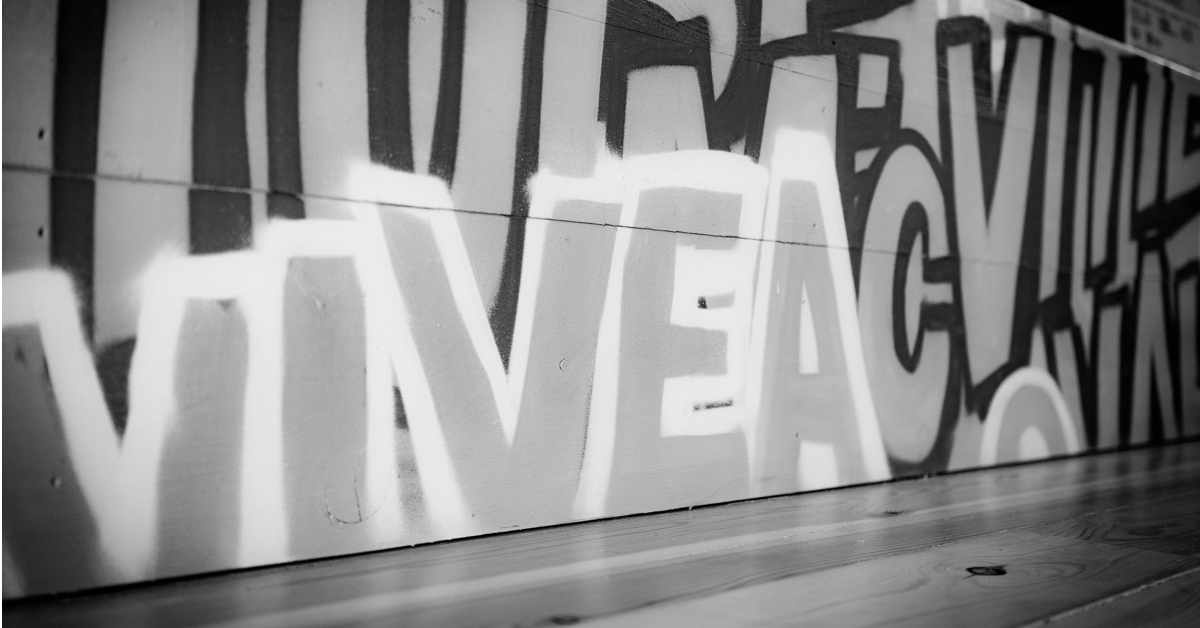September 27, 2016
Wi-Fi? Why not: CJEU Rules Public Wi-Fi Providers not Liable

Following on from
Tommy Hilfiger
C-494/15, the Court of Justice of the European Union (CJEU) has provided a further decision concerning third party intermediaries’ liability for IP infringements. In
McFadden C-484/14 , a store customer illegally downloaded music over the free, unsecured Wi-Fi in McFadden’s lighting and sound system store, infringing Sony’s copyright. Sony argued that McFadden was liable for copyright infringement because he facilitated the download. The issue was whether McFadden was indirectly liable for failing to password-protect the Wi-Fi network, or whether he could rely on a defence under the E-Commerce Directive. The Directive provides immunity from liability where a party can show that they are a “mere conduit” (middleman) in providing an “information society service”. ISP providers and online giants like Google and eBay are typical information society service providers. McFadden’s free and publicly available Wi-Fi network was found to meet the “information society service” definition because it was a commercial service, offered to attract customers to his own goods and services. Sony were therefore entitled to a blocking injunction stopping McFadden from
facilitating the copyright infringement e.g. requiring McFadden to password-protect the Wi-Fi connection so that infringers could be tracked. The CJEU held that McFadden was not indirectly liable for infringement, though, because McFadden met the three-stage test of having not initiated the transmission, selected the recipient, nor selected/modified the information contained in the transmission. Sony was therefore not entitled to claim compensation or costs from McFadden for the actual copyright infringement. However, whilst the Directive protects network providers against liability for damages/costs as a result of an infringement, the provider
can be liable for the costs of implementing an injunction to block the infringement. The CJEU also clarified that a network access provider such as McFadden is not under a duty to monitor the information transmitted over their network, nor does the provider need to terminate access. Overall, this is a welcomed decision from the CJEU. It strikes a happy medium between protecting rights holders’ interests whilst not stifling legitimate business activity. How quickly this will be implemented by network operators and its impact on a free internet of open information exchange remains to be seen, though. The case also serves as a reminder of the increasing ways that business owners can find themselves embroiled in IP proceedings, and the need to act quickly to remove the content upon notification by rights holders. The take home is that Wi-Fi providers should password-protect their networks and request the true identity of would-be users before offering the service, failing which they may be liable for the costs associated with a blocking injunction.
Tags
Tech /
Designs & Copyright /
Arts & Entertainment
Found this article interesting today?
Send us your thoughts:
Send us your thoughts:
Would you like to read more articles like this?
Stobbs IP Limited
Building 1000
Cambridge Research Park
CB25 9PD
Building 1000
Cambridge Research Park
CB25 9PD
Tel. 01223 435240
Fax. 01223 425258
info@iamstobbs.com
Fax. 01223 425258
info@iamstobbs.com
Website Terms & Conditions
Privacy policy
German office legal notice
Cookie Declaration
Complaints Policy
Copyright © 2022 Stobbs IP
Privacy policy
German office legal notice
Cookie Declaration
Complaints Policy
Copyright © 2022 Stobbs IP
Stobbs (IP) Limited, trading as Stobbs, registered in England and Wales, Company number 08369121.
Registered Office: Building 1000, Cambridge Research Park, Cambridge, CB25 9PD.
VAT Number 155 4670 01.
Stobbs (IP) Limited and its directors and employees who are registered UK trade mark attorneys are regulated by IPReg www.ipreg.org.uk
Registered Office: Building 1000, Cambridge Research Park, Cambridge, CB25 9PD.
VAT Number 155 4670 01.
Stobbs (IP) Limited and its directors and employees who are registered UK trade mark attorneys are regulated by IPReg www.ipreg.org.uk

